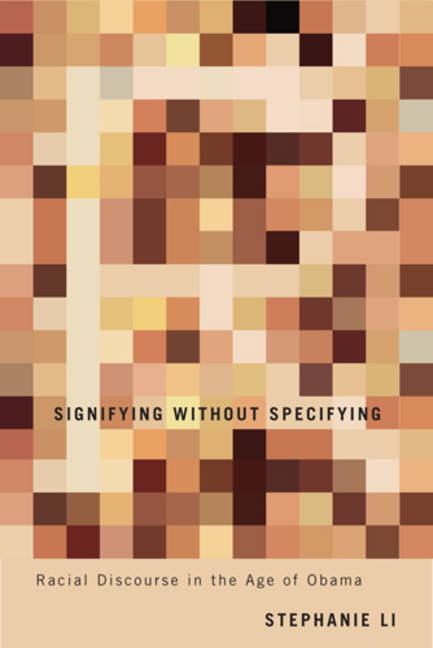Hate Takes the BusPosted in Articles, Media Archive, Social Science, United States on 2015-03-12 15:36Z by Steven |
The New York Times
2015-03-11
A University of Oklahoma Fraternity’s Chant and the Rigidity of Racism
This week, when video was posted showing members of the University of Oklahoma’s chapter of Sigma Alpha Epsilon gleefully engaged in a racist chant on a bus, some people were shocked. Others, like me, were not.
This was just video confirmation of a racism that envelops us like a fog, often just as evanescent and immeasurable.
Some people seemed surprised because these were millennials, and college students to boot. Both because of generational easing and educational enlightenment, weren’t these sorts of things supposed to be vestiges of the past?
After all, as the Pew Research Center put it last year, “Millennials are the most racially diverse generation in American history,” with “some 43 percent of millennial adults” being nonwhite.
A 2010 Pew report found that “almost all millennials accept interracial dating and marriage.” An MTV poll of millennials found that “84 percent say their family taught them that everyone should be treated the same, no matter what their race,” and that 89 percent “do believe that everyone should be treated the same no matter their race.”
But these numbers can be deceiving. They don’t herald an age of egalitarianism as we might think…
Read the entire article here.


